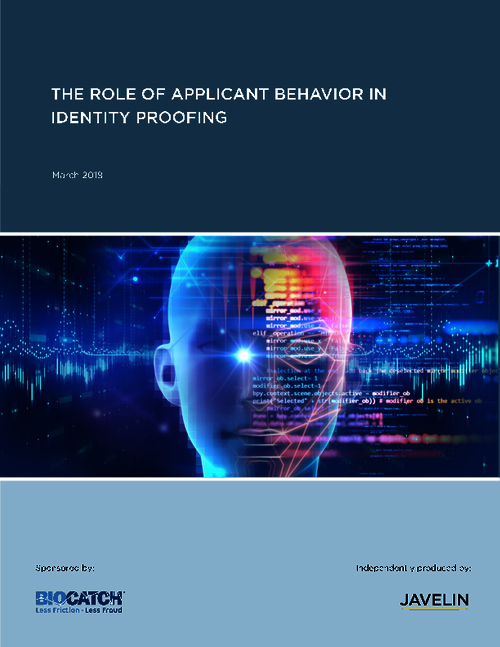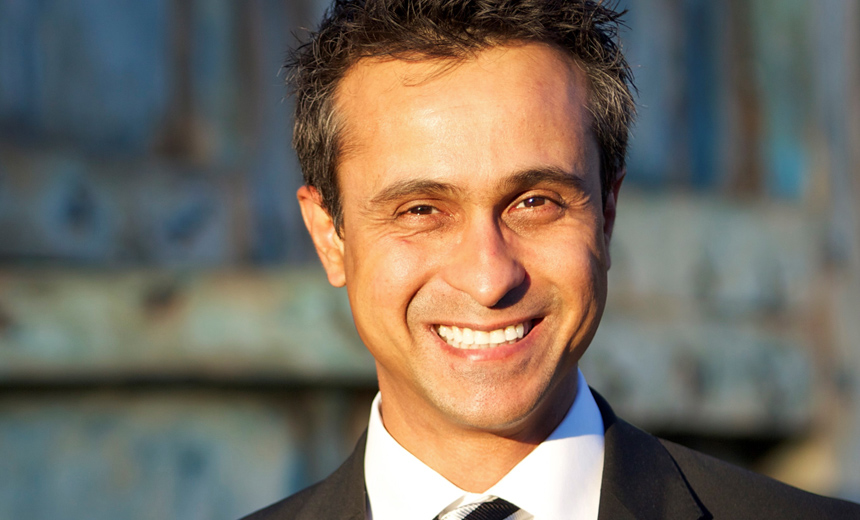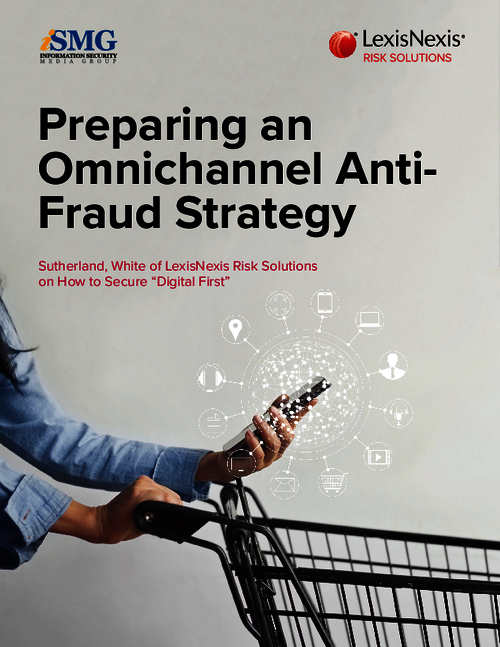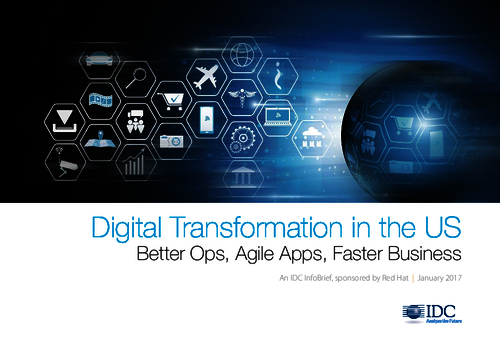P2P, Mobile Payments and Social Media
Aite Expert Says Banks Will Have to Partner to Keep UpFacebook, PayPal and companies like Bling Nation, an innovator in near-field-communications mobile payments, are expected to revolutionize payments over the next six to 12 months. But security and fraud will be a big concern. How will innovators in payments, as well as financial institutions, balance convenience and innovation with security? "That's the million-dollar question, or the multimillion-dollar question," McNelley says.
"Security and fraud will be a big concern in this channel," she says. "We have also seen that malware is starting to target this channel; the Zeus trojan has impacted 12 Spanish banks in both an online and mobile coordinated attack. I think that as mobile commerce grows -- as the mobile banking functionality increases -- we are going to see a bigger and bigger target on mobile."
During this interview, McNelley discusses:
- Mobile security in 2011;
- Mobile payments and the displacement of cards;
- Steps U.S. financial institutions will take to say ahead of the mobile e-commerce curve.
McNelley is a senior analyst at Aite Group LLC who covers banking and payments fraud. She has more than a decade of hands-on product management experience working with financial institutions, payments processors and risk management companies. McNelley most recently served as senior vice president of product management with Golden Gateway Financial, where she developed and managed new financial services lines of business. Before joining Golden Gateway, she was vice president of product solutions with Early Warning Services, where she managed a suite of fraud prevention services. Under McNelley's leadership, Early Warning launched multiple new solutions to successfully detect and prevent fraud; further, she was a key member of the team that facilitated the spin-off of Early Warning Services from First Data Corp. to Bank of America, JPMorgan Chase, Wells Fargo, and BB&T. She also led operational process improvements for NextCard, identifying points of compromise and implementing solutions to reduce fraud and operational expenses. She began her career as a research analyst at E*Offering, where she analyzed online financial services and risk-management firms.
McNelley holds a master's degree in international policy from the Monterey Institute of International Studies and a bachelor's degree in business administration from Michigan State University.
Tech Investments in P2P and Mobile
TRACY KITTEN: What top trends and players are expected to have the greatest impact on peer-to-peer payments and investments in mobile payments in 2011?Julie McNelley, a senior Analyst at Aite Group who covers banking and payments fraud, says banks and credit unions are doing what they can to catch up with payments innovations in the P2P and mobile spaces, but those innovations comprise just handful of technologies financial institutions are expected to make investments in during 2011.
Where do investments in payments innovations, specifically in the P2P and mobile arenas, fall relative to other technologies institutions will be putting money into in 2011?
JULIE MCNELLEY: Well, in 2011, compliance will be king, with all of the regulations that came down this year and still more expected to come down in 2011; things like changes to Reg Z, changes to Reg E, the Durbin Amendment -- all of those will take precedence for bank spending. That said, however, we also expect to see mobile commerce and mobile payments really pick up in 2011. We see 2011 as the tipping point, so banks will have to allocate some of their resources if they do want to keep up.
The Revolution: Facebook, PayPal and Bling Nation
KITTEN: Facebook, PayPal and companies like Bling Nation are expected to revolutionize payments over the next six to 12 months, if they haven't already. Facebook brings a social networking piece, which easily connects to mobile payments; PayPal brings a P2P piece, which easily connects to social networking; and Bling Nation, an innovator in NFC mobile payments, has relationships with both Facebook and PayPal. What can you tell us about these three companies, and how do you expect the three to impact payments in 2011? How will the three work together?MCNELLEY: I think everybody is pretty familiar with Facebook and PayPal. Bling Nation is a start-up that has changed its business model a few times in the last couple of years to strike the right strategy, the right mix; and I think they might be on to something, with their latest combination of engaging the consumer via social networking -- their partnership with Facebook -- and then bringing a funding piece in via PayPal, to try to bridge that online to offline gap of going into a physical merchant and paying using your mobile device. There is actually a pilot going on in San Francisco with Bling Nation and PayPal and Facebook to see if that combination of local, mobile and social will really be the combination that finally compels consumers to change their spending behavior. We have seen a number of payments companies over the last five years or so try to get consumers away from credit cards. We are a credit society and it is going to take a very compelling value proposition to make that happen, but this experiment might prove that social networking is the missing link.
Competition for Banks?
KITTEN: Julie, from your perspective, with all of these innovations taking place in payments, can banks compete, or are these innovations too far out for them to reach or catch up with at this point?MCNELLEY: I think banks are going to need to partner or acquire or establish vendor relationships. I think going-it on their own is not going to work, because they are not as nimble as these technology companies and start-ups that are doing such creative things in this space. And, I think we have already started to see banks enter the space through partnerships like vendor relationships, in particular.
Balancing Convenience, Innovation and Security
KITTEN: And what about security and fraud? Facebook, of course, is not very secure and has been proven easy to hack. How can innovators in payments, as well as financial institutions, balance convenience and innovation with security?MCNELLEY: Well, that's the million-dollar question, or the multimillion-dollar question. As we have seen just in the past few months, with the extra forensic studies that exposed a number of security weakness in PayPal's, BofA's and a number of other banks' mobile applications -- where things like username and passwords were being stored in the clear on the phone -- is that we seem to be learning the very basic things that we learned the hard way when we went to online banking all over again with mobile banking. Security and fraud will be a big concern in this channel. We have also seen that malware is starting to target this channel; the Zeus trojan has impacted 12 Spanish banks in both an online and mobile coordinated attack. I think that as mobile commerce grows -- as the mobile banking functionality increases -- we are going to see a bigger and bigger target on mobile, from a fraudster perspective.
The big challenge is going to be, "How do you impose greater security controls?" So many of the applications right now that rely on username and password only, which that is notoriously insecure; it is susceptible to everything from family-friendly fraud to many of the browser attacks and man-in-the-middle attacks. How do you impose greater security controls on a consumer population when you are also trying to get them to change behavior? That is going to be the biggest challenge that a lot of these innovators -- trying to balance convenience and security.
The Need for Real-Time Analysis
KITTEN: Now, when we talk about payments innovations and financial institutions, specifically, what types of fraud prevention and security investments do you expect to see institutions make in 2011?
MCNELLEY: One of the most important investments that will be made is looking at migrating any batch processes to real-time. Because of the nature of mobile commerce, especially when you get into the online-to-offline environment, getting real-time analysis is crucial, because you don't have time for batch processes. Another piece that will be very important is link analysis, as you are gathering reams of interesting data -- PayPal will have a pretty vast pool to work with -- link analysis will really help draw the parallels. And, then, the other piece is investing in some non-traditional underwriting mechanisms, because a lot of the growth in this space is coming from non-traditional merchants. You might not have business history, you might not even have a PIN, and to fully capture the market, you are going to need to develop some non-standard methods of underwriting that can also be effective and protect you against the risk.
Top 5 Payments Innovations in P2P and Mobile
KITTEN: In closing, could you tell us what you see as being the top five payments innovations in P2P and mobile that we can expect to see or emerge in 2011?
MCNELLEY: Well, we have already discussed a couple of them. I think that the tests that are going on right now to bring in a social networking component to incent payments is going to be very interesting, especially as you bring in loyalty and you bring in a local play. As I said earlier, a lot of people have been trying for a lot of years to crack the nut of incenting shifts in consumer paying behaviors and this one is the first one that I think has some real promise and some real legs to it. Also, looking at in a similar vein, the tests that are going on with the shift from online to offline -- that has some real potential, if the test is successful and if the formula can be found. That could really change the face of payments; it will be very interesting to watch what happens on those fronts. There are a number of studies that say that by the end of 2011, half of the U.S. population will have smart phones, and I think that will really be the adoption, from a consumer perspective, of m-commerce and P2P. M-commerce has really already taken off in global markets and there are a number of initiatives that are getting traction, particularly in cardless environments, which is how some of the folks are breaking it down. It is carded populations and cardless populations. In places where the card infrastructure is not well entrenched, we are really seeing mobile take hold, so it will be interesting to see how that progresses over 2011 and 2012.



















